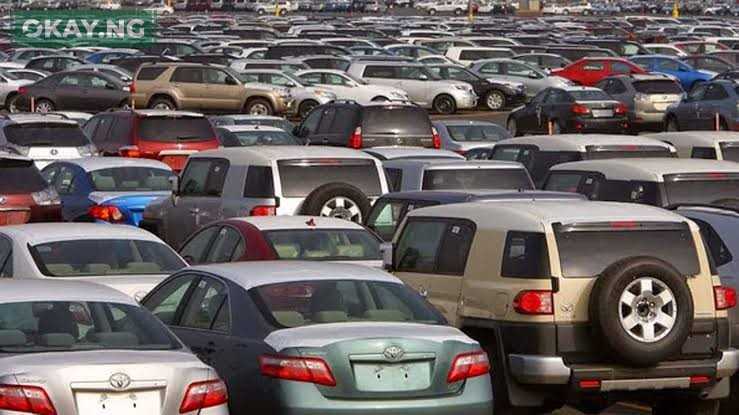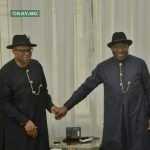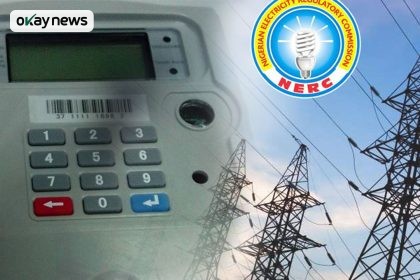The Nigerian used car market is witnessing unprecedented growth as economic difficulties push many consumers away from foreign-imported vehicles. Soaring living costs, an unstable exchange rate, and a recent hike in customs duties have combined to make foreign-used cars increasingly unaffordable for the average Nigerian.
Okay.ng reports that while “Tokunbo” cars (foreign-used vehicles) remain a popular choice, their prices have surged dramatically—doubling or tripling in just a year. This sharp increase is attributed mainly to the naira’s sharp depreciation and the new four per cent Free On Board (FOB) levy, which replaced the former one per cent Comprehensive Import Supervision Scheme charge. The Nigerian Customs Service introduced the FOB levy as part of modernization efforts, including funding their new cargo clearance platform, B’Odogwu.
Dealers like Nurudeen Amodu lament the reversal from Nigerians traveling abroad to source cars, to foreign buyers now coming to Nigeria, attracted by comparatively better prices on Nigerian-used vehicles. Amodu highlighted that models like the Toyota Corolla (2003–2006) once sold for about N1.5m now cost between N8m and N10m, while others such as the Lexus RX330 have hit nearly N15m.
In northern regions like Sokoto, Nigerian-used cars attract buyers from neighboring Niger Republic, where the stronger currency makes these vehicles affordable and appealing. Dealers report that Nigeriens often buy cars with Nigerian number plates, allowed under their laws, and drive them back home.
The rise in costs of imported cars has also led to more Nigerians selling their vehicles to cope with financial hardship. Private owners like Olumide Adegbola share stories of having to sell their vehicles at a profit to meet basic family needs amid the economy’s impact on fuel affordability and daily expenses.
Meanwhile, the Association of Motor Dealers of Nigeria is advocating for government support to boost locally assembled cars. National president Ajibola Adedoyin emphasized the need for affordable, durable vehicles built in Nigeria, tailored to average incomes, to reduce dependence on costly imports.
Customs agents warn that the 4% FOB levy worsens the affordability crisis, with former interim president Pius Ujubonu noting it effectively makes vehicle ownership a luxury for most Nigerians. Freight forwarders lament that the rising clearance costs are pushing many vehicles to be abandoned at ports, stalling imports and impacting overall economic activity.
This complex interplay of tariffs, exchange rate pressures, and economic hardship culminates in a dynamic shift: Nigerians are increasingly turning to Nigerian-used cars for affordability and accessibility, driving a booming but challenging market.







